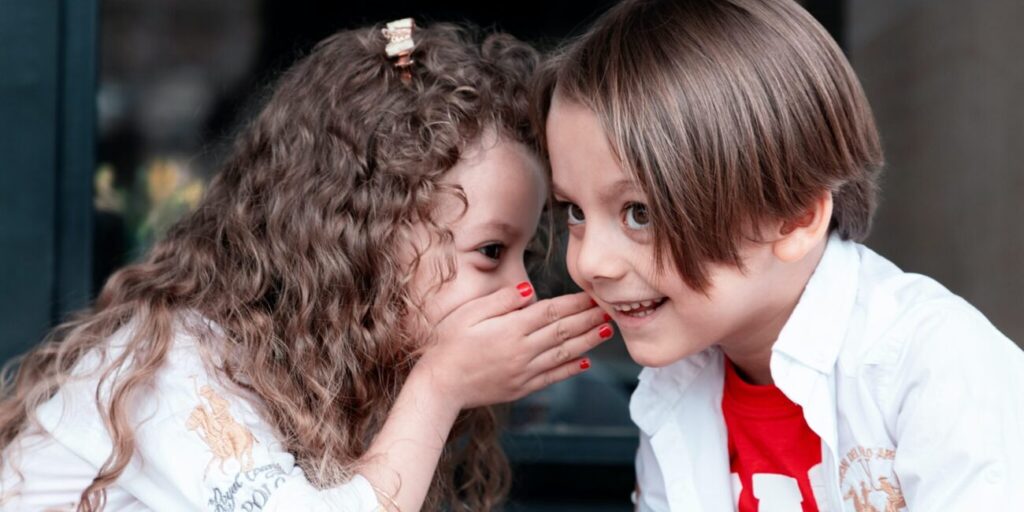Read time 4 minutes
This blog is another opportunity to feel grateful. Thank you, dear Universe, you continue to bless me with recovery and health.
As they might say, it can be critical to have the support of someone willing to reach out beyond the usual.
India alone accounts for nearly 70 million rare disease patients. Most of these rare disease patients lived meaningful lives long before their diagnosis. Almost all of them have gone through difficult experiences during the pre-to-post-diagnosis phase.
I was diagnosed with a rare disease called Isaacs’ Syndrome. Isaacs’ is a neuromuscular health condition that stems from muscle hyperactivity. My lift post-diagnosis underwent a drastic change. In the process, I also discovered that I had Lyme disease. Lyme is a bacterial illness that gets transmitted through ticks. I was also accompanied by Glaucoma. Glaucoma is an eye-related disease that damages the optic nerves. And Membranous Glomerulonephritis is a progressive kidney disease.
My journey since getting diagnosed has been quite topsy-turvy, with close friends. Some close ones turned strangers and some strangers became buddies.
Typically, a friend acts as a support system and provides mental, emotional, and practical support when you need it most. They are available, strike communication, and help keep you going strong. In short, they know who you are and what you want.
For me, especially with unpredictable health symptoms, socializing over time became quite challenging. I remember spending most of my energy on self-care.
A couple of friends disappeared. At first, with all my engagements, I barely noticed. As life settled with my new normal, I got overwhelmed with what exactly had happened. As the year wore on, I accepted the reality that losing friends due to such a kind of illness was practical and impossible to prevent.
However, the ones who stayed proved incomparable as life buddies. Their understanding of my situation requires some explanation. In brief, my life buddies were:
Better informed in some cases:
As they were equipped to handle certain queries that required significant research capabilities. In short, they were able to look up information in next to no time, expending little effort.
Able to converse on different topics, but also lend a listening ear:
I never found having a dialogue with my intellectual friends tiring. They could discuss diverse topics. At a personal level, they often had better ideas than me, and I found it easier to pour my heart out to them.
Most importantly, we had several common interests. I am grateful that they never shied away from challenging conversations.
Respectful of my space:
As they came to understand me well, they knew when not to intrude and let me have the necessary space.
Keen on playing sports:
We bonded better while playing a sport. It was a friend who helped me with sports medicine.
Many a time, it became difficult for my family members, especially my parents, to participate with the same energy levels.
A non-judgmental relationship:
Friendship is discretionary. It’s a relationship between two people who tend to influence each other. As a result, any conversation on any topic under the sky was typically non-judgmental. As my buddies knew me in an unvarnished manner, they often came forward to tell me the harshest truths. Hearing from them certainly helped me come out of my comfort zone.
Inspiring:
They conveyed a positive message even through their body language, which felt incredibly real.
At times, all they had to say was that I just did my best, which did the trick. Their vote of confidence sufficed to inspire me through those tough moments. They regularly pointed me to the upsides even in the worst of situations.
Able to have fun without reason:
At times, the people around me would wonder when I last laughed my guts out for no reason. Somehow, friendship became a bunch of memories carried forward from school to college, and further.
Having said that in a two-way friendship, both friends contribute. It is a relationship that ensures the exchange of love, trust, and understanding.
I tried to understand the ritual better and reached out to my friends to plan a conversation. I met with them in a space that felt comfortable to both. I exactly planned what I wanted to ask and what I felt they needed to know. Despite my health turmoil, I made space for them to share their concerns and give feedback.
To conclude, as humans, we are not blessed with the power to read others’ minds, which is why we need to communicate well and express ourselves fully. Who better than a friend who can recognize and acknowledge our reality? With friends, it is ok not to be ok.
One of the best pieces of advice I got from a friend was to focus on the present instead of the future.
At one time, every effort towards improving my present seemed to be in vain as no medicine, doctor, or treatment gave me any relief. I remember going through the kind of physical and emotional pain I had never experienced before. I was more worried as my life had changed in nearly no time before I could realize it was changing. In those tough moments, my friends asked me to focus on and try to deal with the issues at hand, however tough.
People came and left. They left behind a legible footprint that continues to gravitate me toward other people who have their stories and who know how those stories shaped them into becoming the people they are now.
You can choose to be in a shell and risk losing more friends or choose to share your concerns and give them the option to help.
In my experience, they are the strong ones, the ones who invariably stay back.
What do your experiences tell you about friendship?
DISCLAIMER
The views expressed in this article are the author’s own and do not represent any kind of medical advice.


